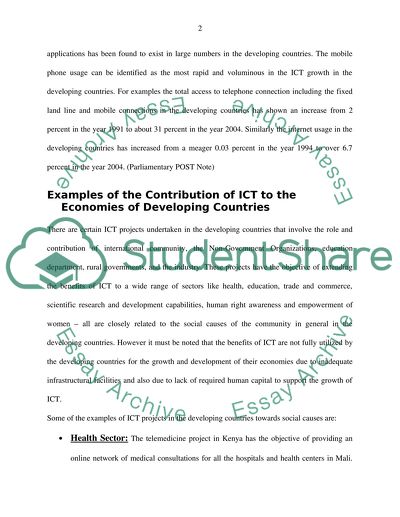Cite this document
(“ETHICAL AND SOCIAL IMPLICATIONS OF ICT Essay Example | Topics and Well Written Essays - 2250 words”, n.d.)
Retrieved from https://studentshare.org/miscellaneous/1502884-ethical-and-social-implications-of-ict
Retrieved from https://studentshare.org/miscellaneous/1502884-ethical-and-social-implications-of-ict
(ETHICAL AND SOCIAL IMPLICATIONS OF ICT Essay Example | Topics and Well Written Essays - 2250 Words)
https://studentshare.org/miscellaneous/1502884-ethical-and-social-implications-of-ict.
https://studentshare.org/miscellaneous/1502884-ethical-and-social-implications-of-ict.
“ETHICAL AND SOCIAL IMPLICATIONS OF ICT Essay Example | Topics and Well Written Essays - 2250 Words”, n.d. https://studentshare.org/miscellaneous/1502884-ethical-and-social-implications-of-ict.


